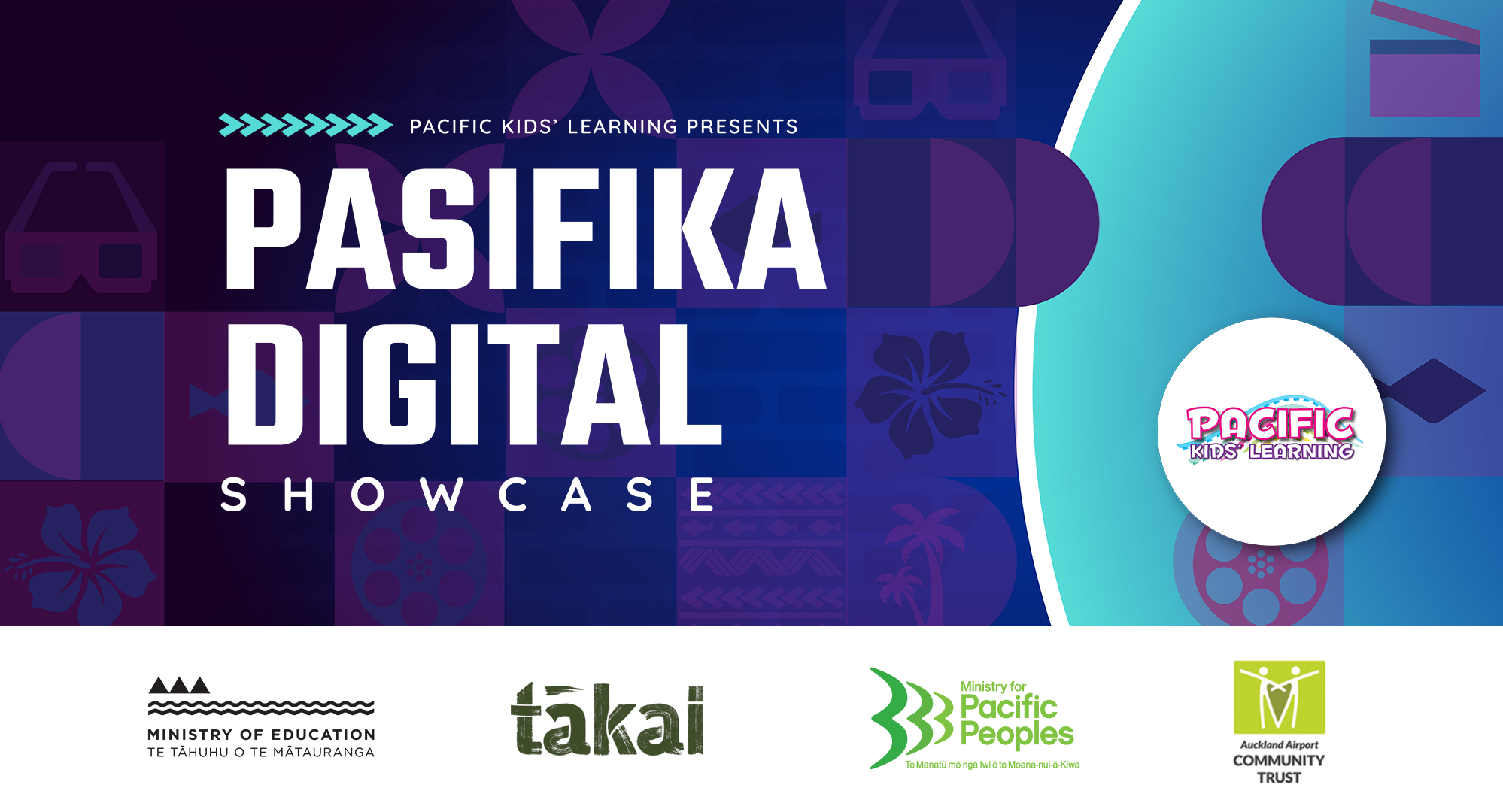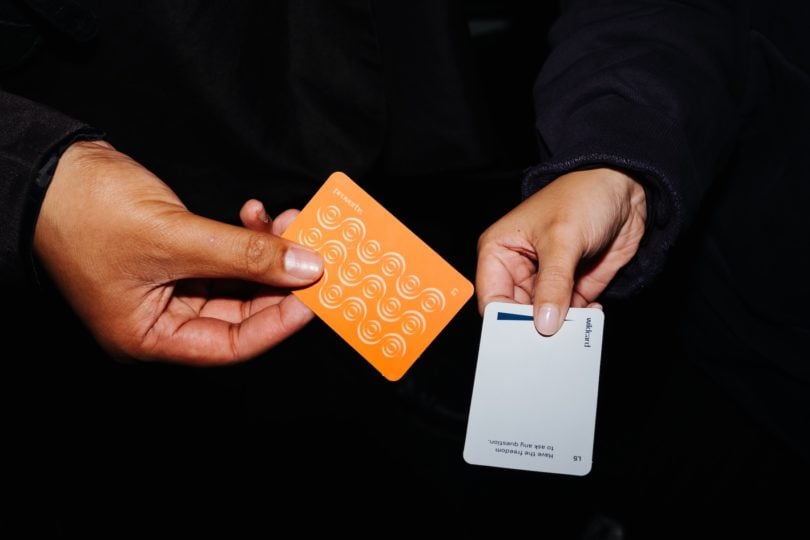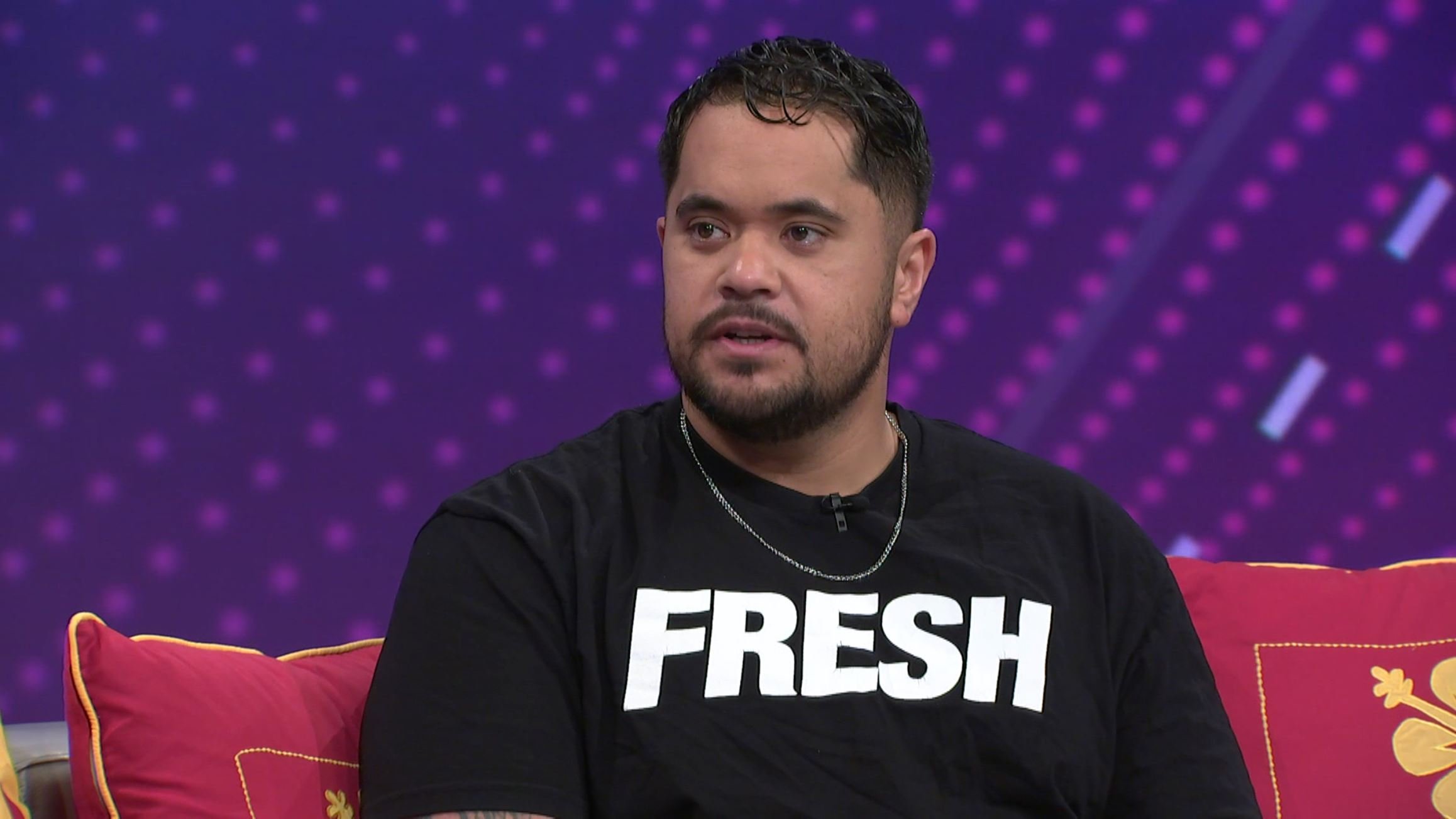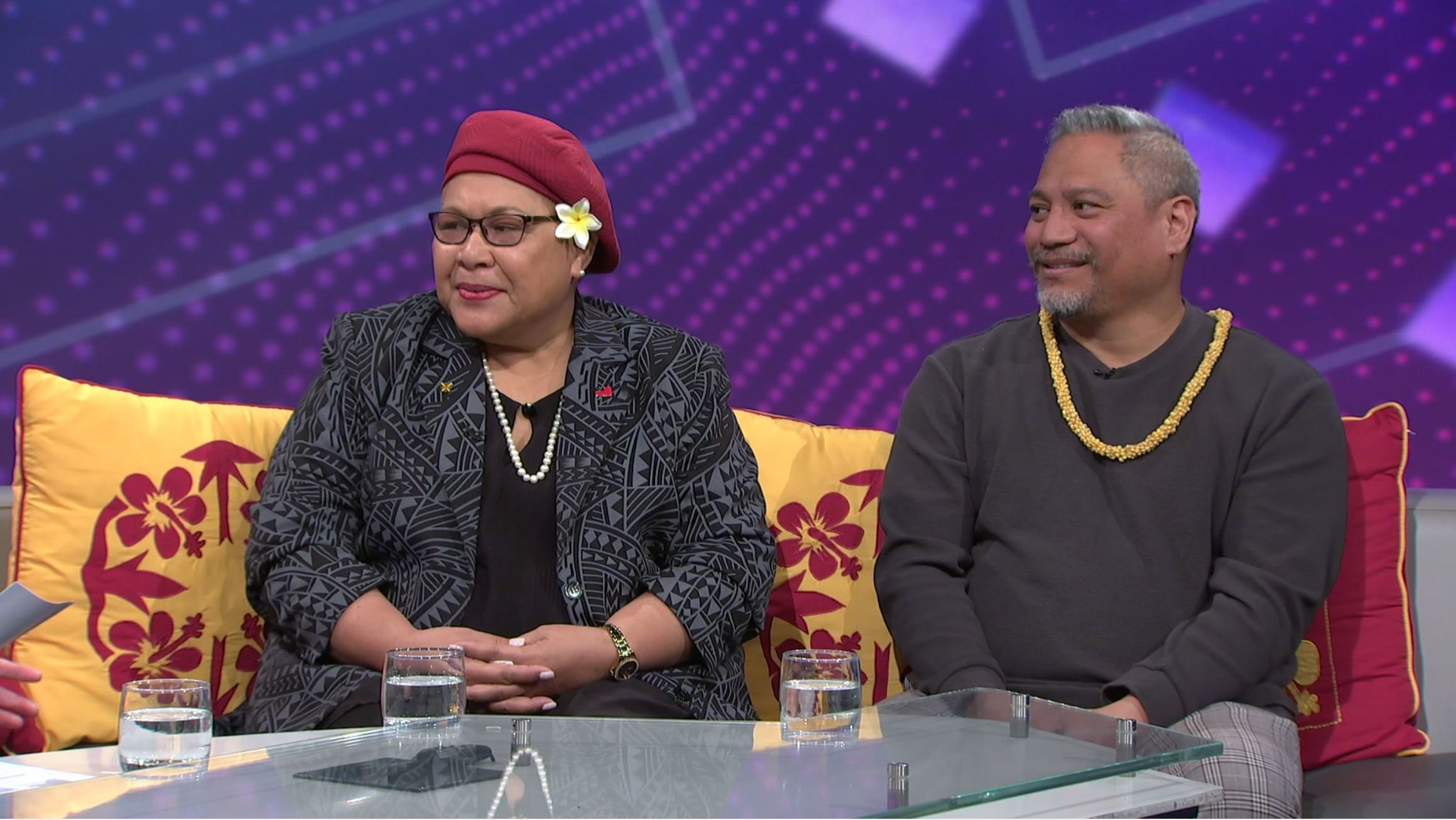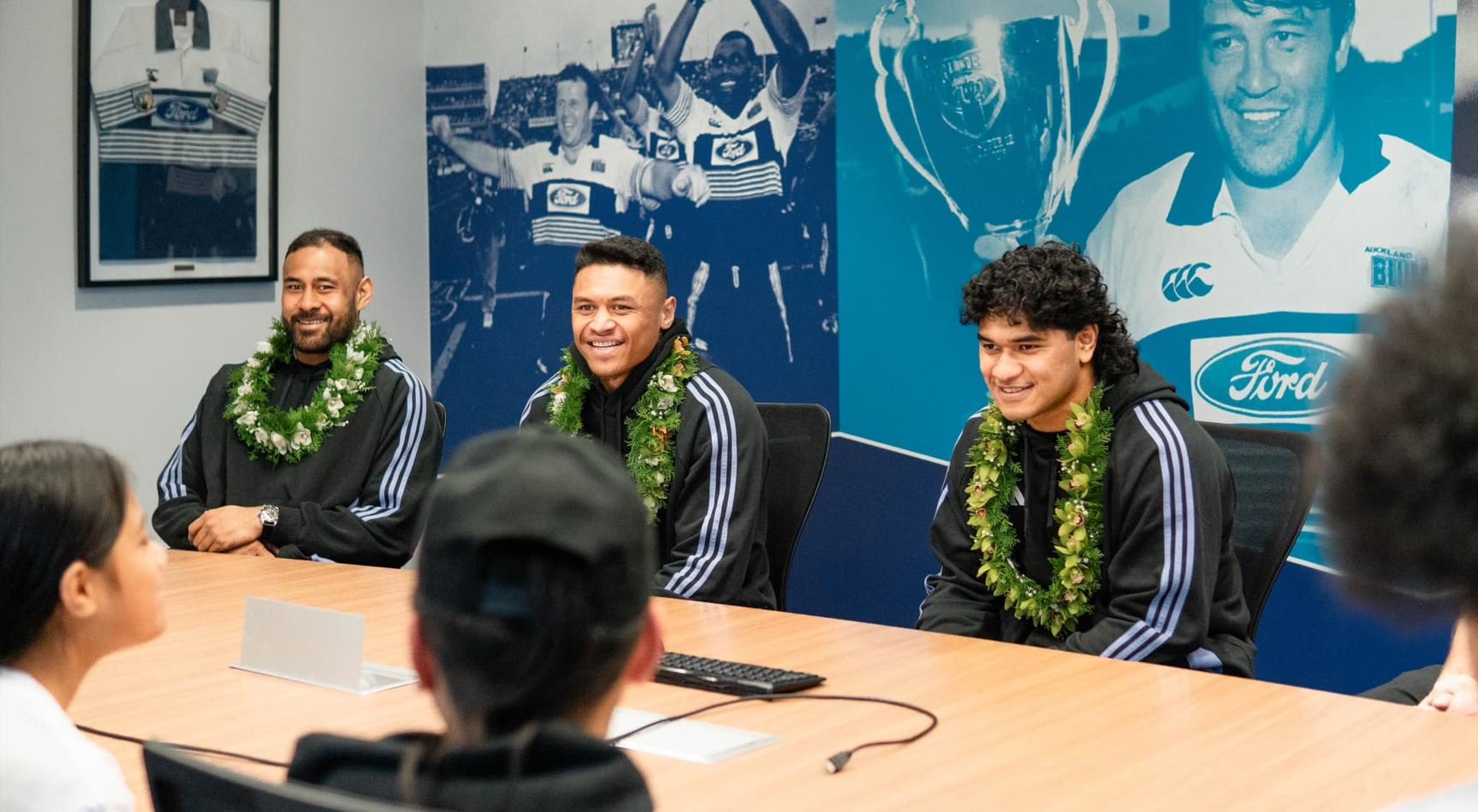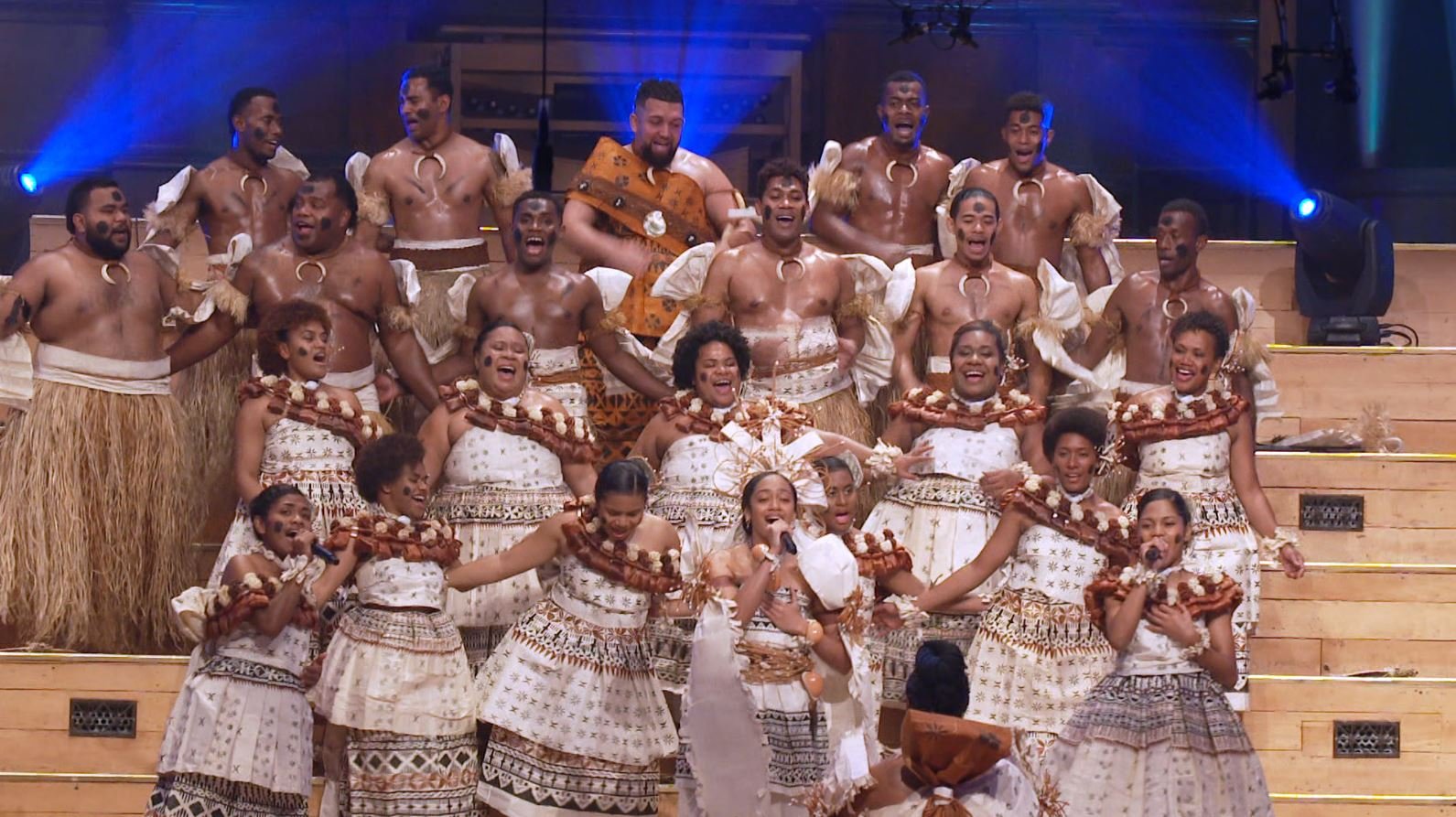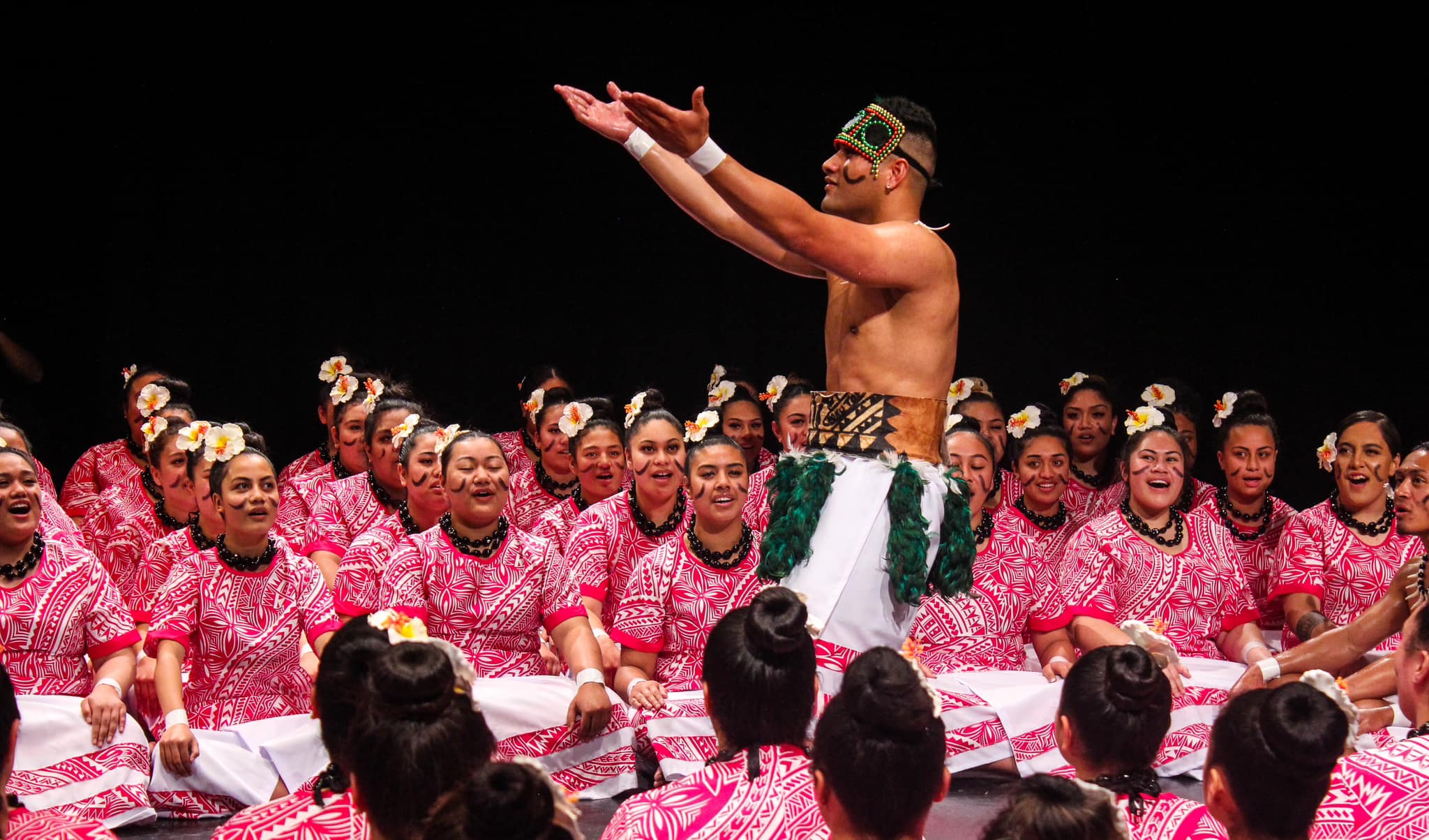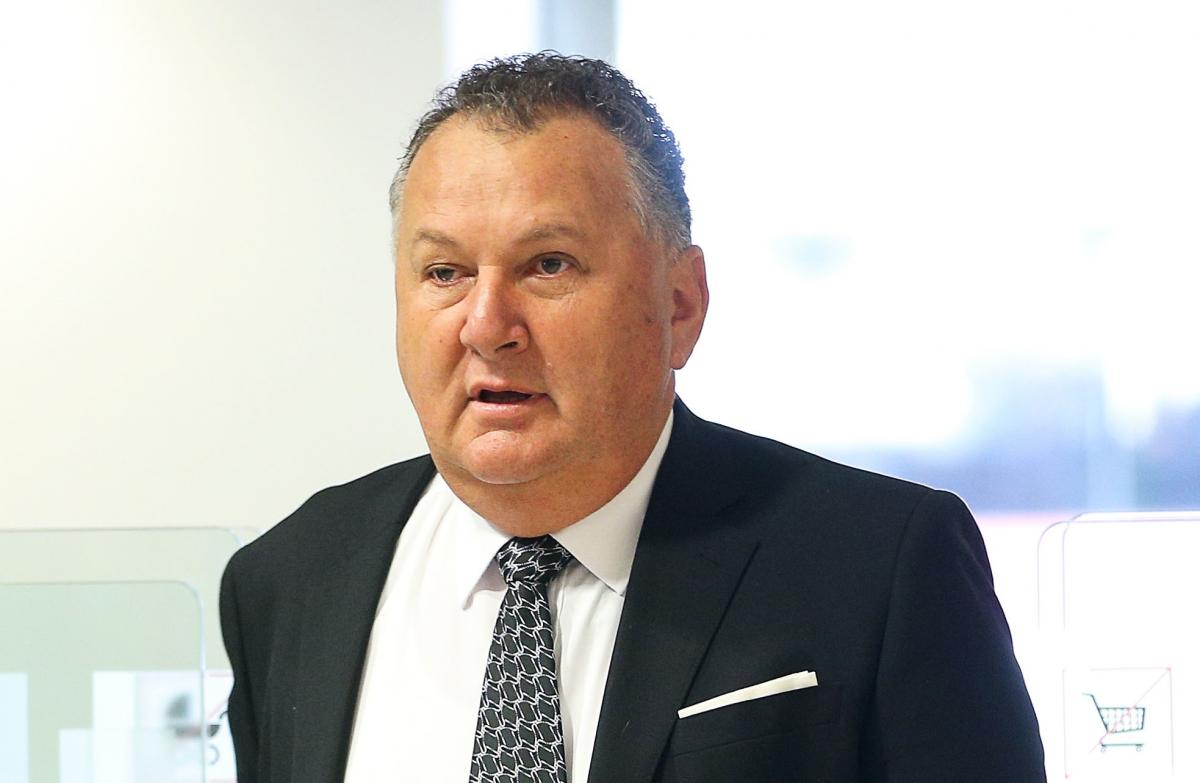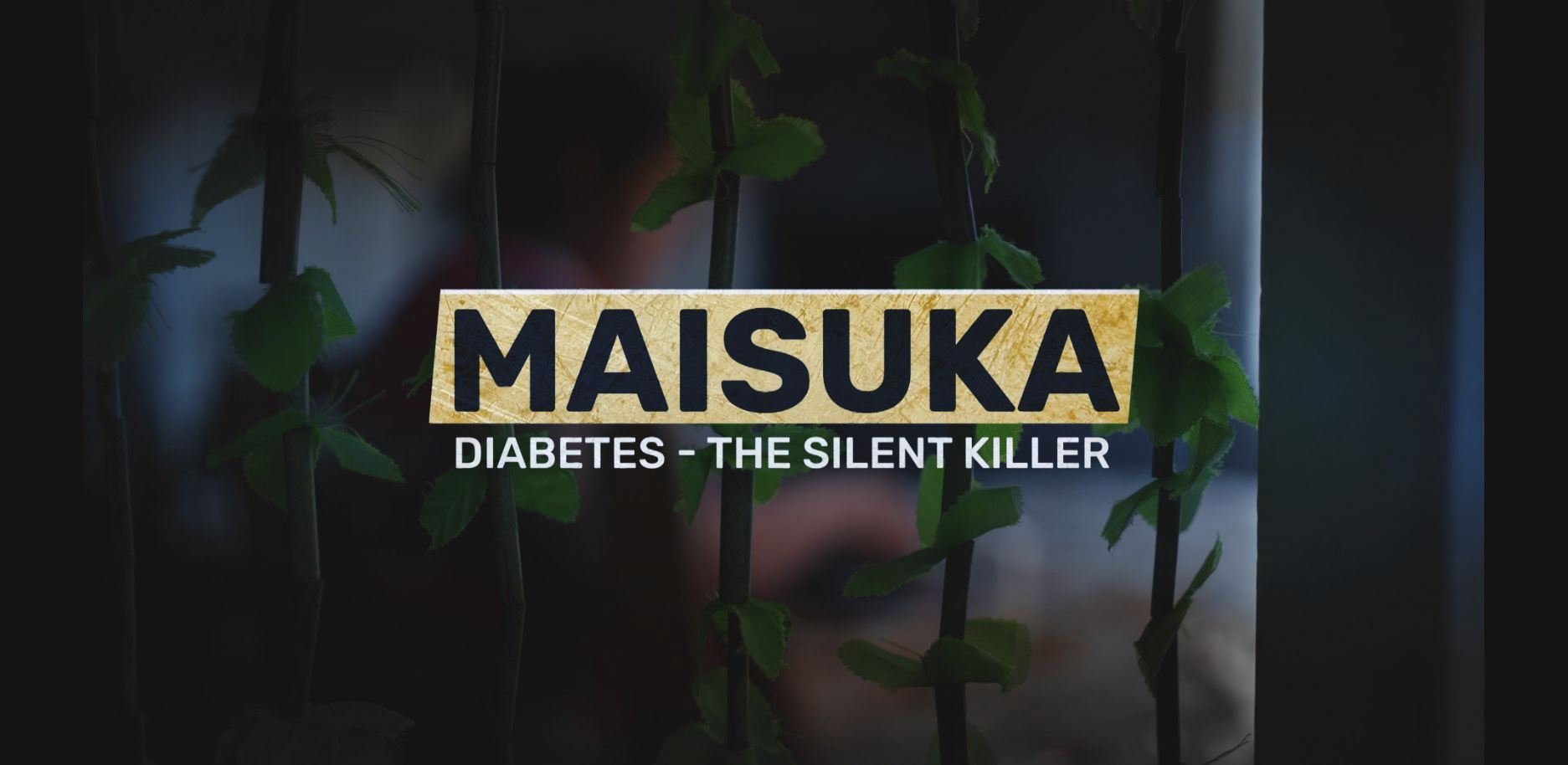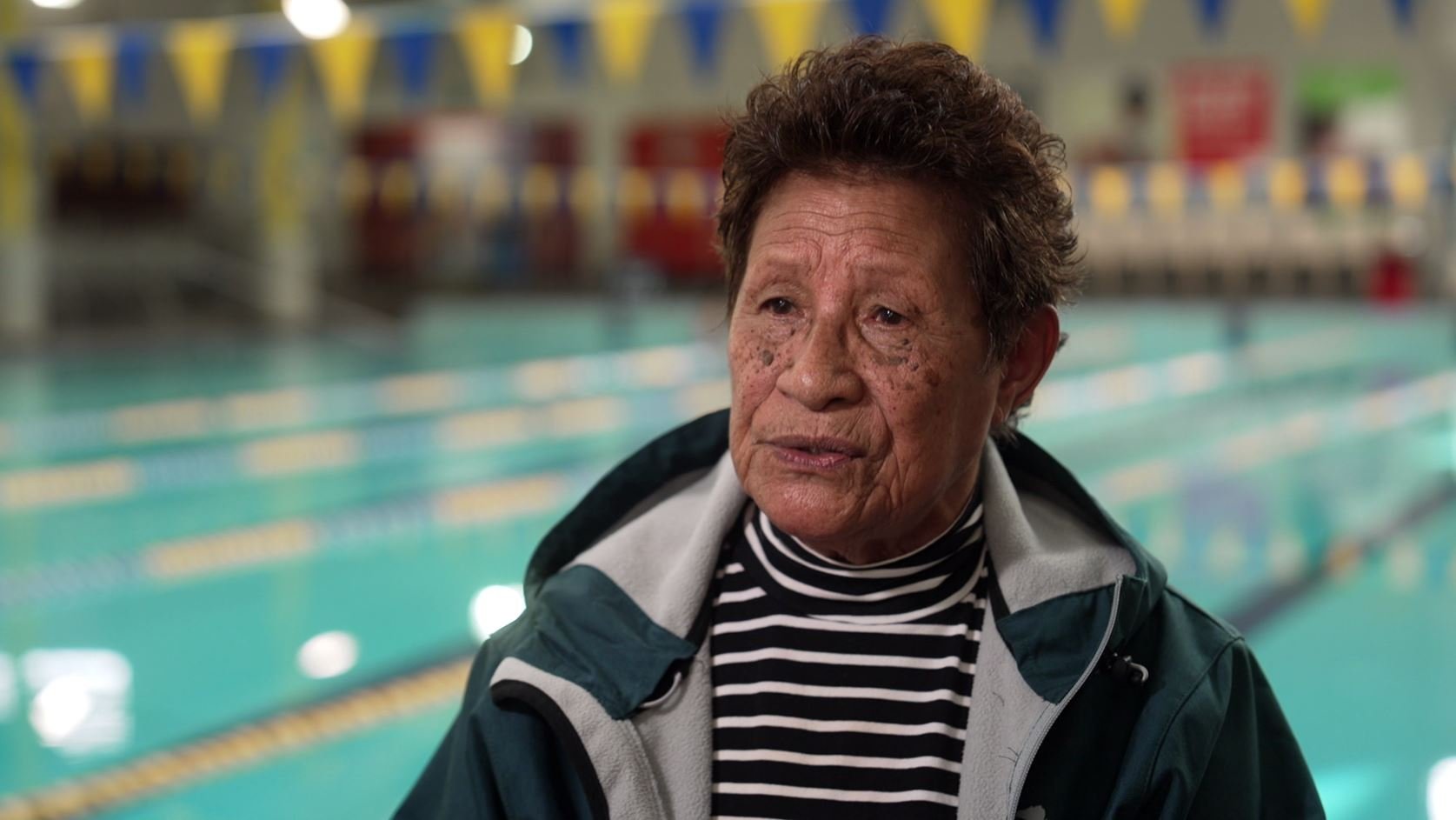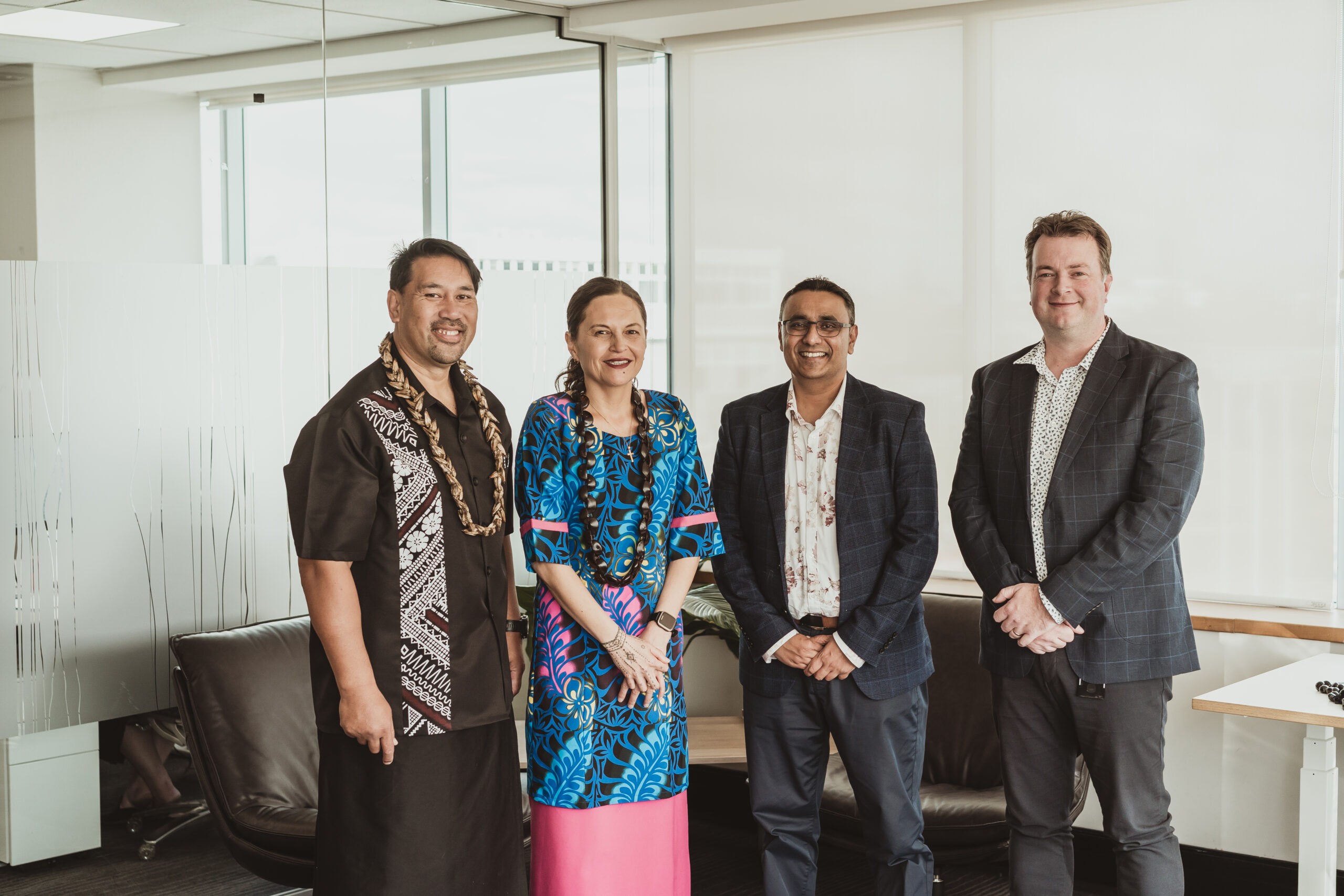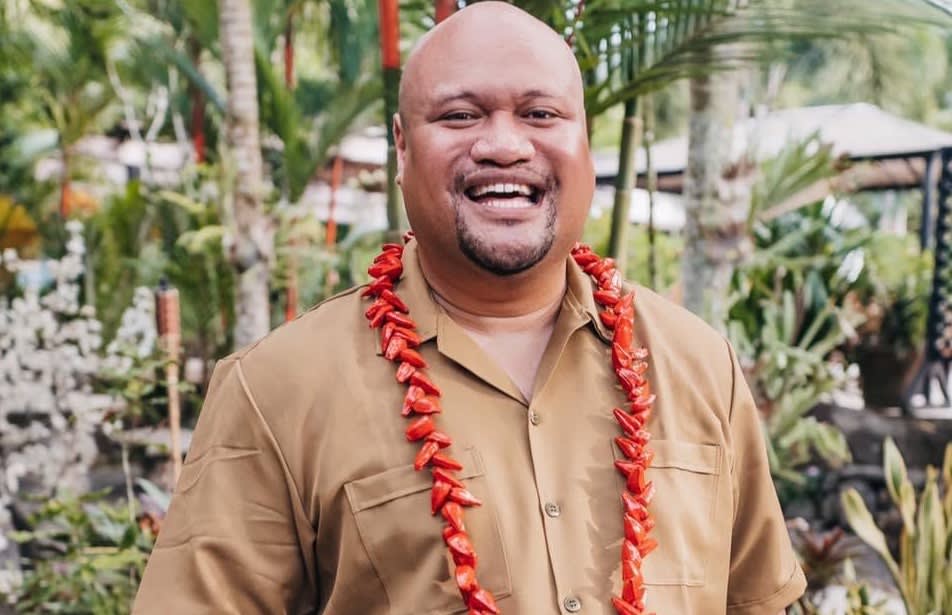She’s grown a steady online following with her informative, inspirational and funny content. And for Tongan GP Dr Vanisi Prescott, social media plays an important role in her work as a Pasifika clinician.
Learning TikTok dances was initially one of the ways she spent quality time with her eldest daughter. But soon, Prescott began to see an opportunity to combine her practice with digital mediums.
“Social media is huge at the moment, especially for our younger generation. They’re influenced by what they see on social media,” says Prescott.
“However, I soon realised this would be a great opportunity to promote positivity and inspire our younger generation to chase their dreams.”
Prescott was born in the village of Tokomololo in Tonga and migrated to New Zealand with her mother at the age of 1. Despite the early move, her Tongan culture was never far from her. As a GP and urgent care doctor, Prescott regularly incorporates Tongan values into her line of work.
“Growing up, I have always learned that respect and love for our elders, peers and people around us is so important,” says Prescott.
“I treat every patient, no matter what race or background, with love, respect and kindness.”
“Other values I instil are collectivism, being able to work together as a team, bonding with patients through an integrative care model, involving them in the management of their own conditions… It’s about empowering and encouraging our patients to take control of their health.”
@dr.niniprescottYou deserve it ? ##wordsofencouragement ##foryoupage♬ original sound – Virginia J. Aitolu
The mother of three also believes this year’s Tongan Language Week theme, Enriching Aotearoa with Holistic Education, is important for today’s society and plays a part in how she cares for her Pasifika patients.
She says, “When we talk about looking at things from a holistic perspective in medicine, we not only focus on physical health; we also look at mental/emotional, spiritual, social impacts such as housing, finances, transport, language barriers, health literacy as well as culture/cultural beliefs and family.”
“I believe it’s about understanding that there is not only one way of doing something, but rather a multitude.”
As a child, Prescott had always dreamed of becoming a doctor. When she first saw Dr Debbie Ryan, a Samoan female doctor, Prescott knew her dream was achievable. But her journey into healthcare didn’t come easy.
Prescott’s mother was a single parent, working three to four jobs to take care of her family.
“I remember going with her late at night as a child and falling asleep on the floor while she was emptying rubbish bins and cleaning offices. One thing she taught me growing up was to ‘get a good job or have a profession’ so that I didn’t have to work as hard as she did or have to rely on anyone.”
“My mother’s hard work and commitment is what motivated me to strive for the best, and she is the reason I am who I am today.”
Being a young female Pasifika clinician, Prescott has faced her fair share of prejudice.
“It’s interesting to see that although we have so many female doctors these days, women of colour still face discrimination.”
“On numerous occasions I have been judged based on what I look like — people not believing I am a doctor and automatically assuming I’m a nurse because I’m young and female, or a receptionist or, when I use to work in the hospital, a cleaner, hospital orderly or hospital food service worker.”
“I choose to ignore it. I also often try to have a little laugh about it, because at the end of the day, it’s not a big deal who people think I am – a job is a job, and I respect all of these professions.”
Language barriers, health literacy and the socio-economic factors Pacific patients face is also another obstacle Prescott is confronted with as a GP. Many of her patients deal with financial difficulties, substandard and overcrowded housing, childcare and transport issues.
“These are things as doctors we often can’t control, but when we are treating our patients, we need to be able to look at all these barriers to care and try to prevent them,” says Prescott.
“[But] we are also seeing a lot of health initiatives in place and more Pasifika clinicians and organisations coming together to help our community. Changes are definitely slowly being made to help support our people, which is great to see.”
As of late, Prescott has spent much of her time online during this lockdown. Her online platforms have become her way of spreading awareness and information about health and vaccines.
With various government departments organising a range of Zoom fonos with Pacific communities around New Zealand, Prescott is one of many Pacific clinicians who’ve joined the call to address Covid misinformation and vaccine hesitancy.
“Since this lockdown I feel that’s all I have been doing, is attend zoom meetings, which I know my children are probably getting sick of,” she says.
“But to be honest, it’s such an amazing way to stay connected and communicate with our colleagues, or even spread awareness to our people. It’s also amazing to see with the various fonos held for our Pasifika community, the number of people attending and wanting to get involved.”
@dr.niniprescottReply to @papajade thank you for your question ##covidvaccine ##covid19 ##fyp ##foryoupage♬ original sound – Dr Nini Prescott
Vaccine hesitancy and misinformation is rife within Pacific communities. Prescott says one of the main struggles she is facing at the moment is delivering information to Pacific communities that isn’t “demanding or authoritative”, but informs people well enough to make informed decisions.
“[We’re also] trying to involve and encourage our youth to refrain from listening or reading misinformation about Covid-19 and vaccines, which we of course acknowledge can be quite difficult.”
“We really are trying our best to get our youth involved, encouraging use of trusted sources, holding these regular fonos and working alongside a lot of our church leaders, young youth leaders, professionals and community. We are hoping to see some change, encouragement and improvement.”
Prescott will continue to use her platform to educate, but will also be having some good old-fashioned fun.
“I love dancing and find this a good stress relief and to just have fun,” she says.
“We are all facing difficult times at the moment with the pandemic and lockdowns, so it’s so important we look after our mental health and do things that make us happy to keep ourselves sane.”
Quotes have been edited for length and clarity.
